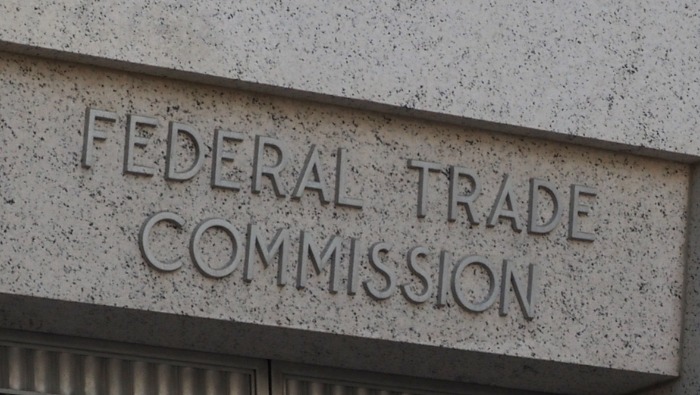Recently, the Federal Trade Commission (FTC) issued a final rule banning noncompete agreements in most aspects of employment. Specifically, the agency believes the ban will help promote competition between businesses. As a result of eliminating noncompete agreements, the FTC says a worker’s fundamental freedom to change jobs is now protected. Additionally, the agency believes that innovation will increase and new businesses could be formed. Earlier, the FTC approved an amendment to its Safeguards Rule to introduce a data security breach reporting requirement for all covered entities. The FTC also recently partnered with the Department of Labor (DOL) to protect workers against deceptive employment practices involving the main laws all employers should know.
The FTC’s Take on Noncompete Agreements
Chiefly, the FTC stated that noncompetes are often exploitative practices. Above all, they impose contractual conditions that prevent workers from taking a new job or starting a new business. These types of agreements can also create other significant harms and costs, such as employees being forced to:
- switch to a lower-paying field,
- relocate,
- leave the workforce altogether, or
- defend against expensive litigation.
Projected Outcomes of the Noncompete Agreements Final Rule
Overall, the FTC estimates that banning noncompetes will lead to new business formation growing by 2.7% per year. Subsequently, that would result in more than 8,500 new businesses being created yearly. The rule is also expected to generate higher earnings for workers, with estimated earnings increasing by an additional $524 annually. In like fashion, health care costs are projected to lower by up to $194 billion over the next decade. Finally, the ban on noncompete agreements is expected to lead to an increase of 17,000 to 29,000 more patents each year for the next 10 years. Such a rise in that number would identify an increase in overall innovation.
Employer Takeaways
In conclusion, under the new rule, existing noncompetes for most workers will no longer be enforceable after the rule’s effective date. That effective date is August 21st, 2024. Any existing noncompetes for senior executives can remain in force. However, employers are banned from entering into or attempting to enforce new noncompetes, even if they involve senior executives. Also, employers must notify workers other than senior executives bound by an existing noncompete that they will not be enforcing noncompetes against them. Hence, to aid employers with this requirement, the FTC has released model language that can be used to communicate with workers.
Additional information is available within the FTC’s Fact Sheet.

